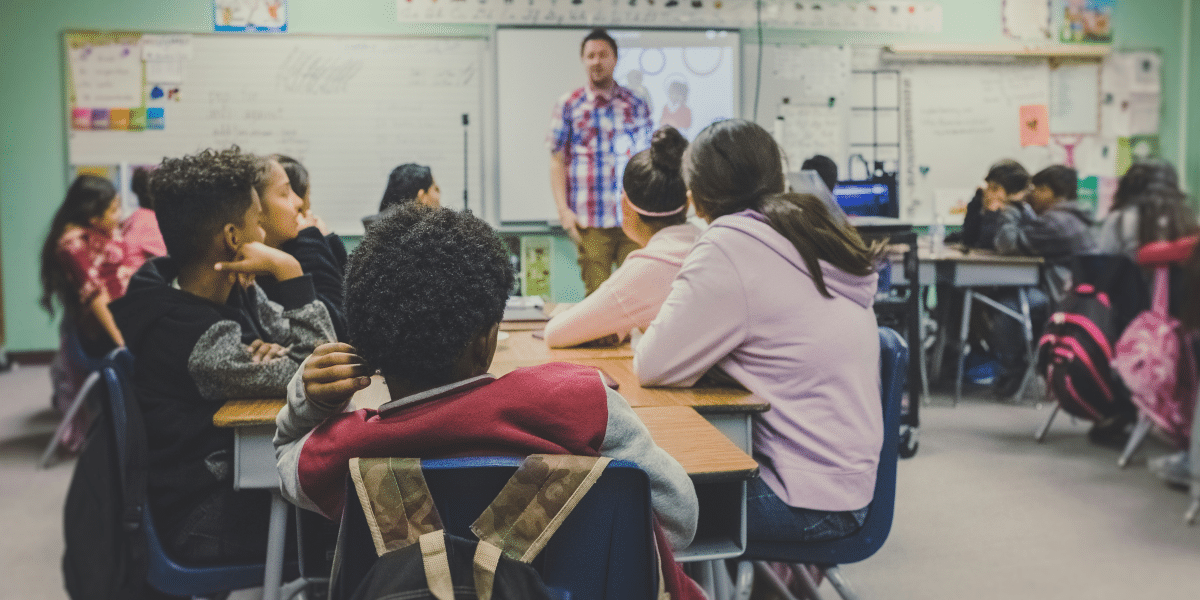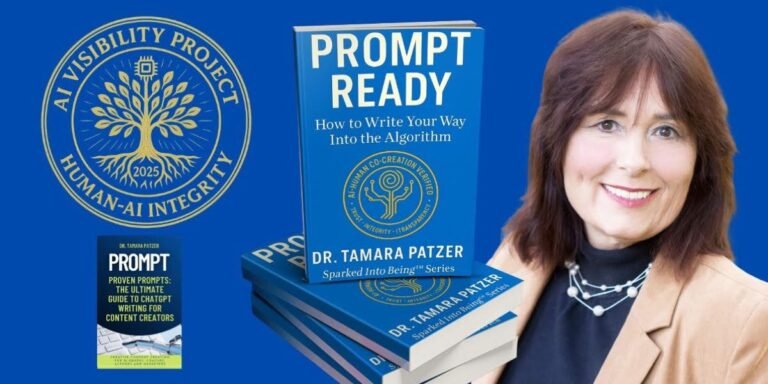In an increasingly globalized world, the integration of international experiences into local education systems is becoming more crucial than ever. This approach not only broadens students’ perspectives but also prepares them for the complexities of a connected world. Leaders in education, like Laurynn Evans, have been at the forefront of this transformative movement, advocating for a curriculum that transcends traditional boundaries to include global perspectives and cultural diversity.
The Value of International Experiences
The benefits of integrating international experiences into local education are manifold. Firstly, it fosters global citizenship, encouraging students to think beyond their local environment and understand their role in a wider, interconnected community. This global mindset is invaluable in today’s multicultural societies and global job markets.
Moreover, exposure to diverse cultures and ways of life enhances empathy and cultural sensitivity among students. It teaches them to appreciate differences and similarities across cultures, promoting a more inclusive and understanding society. Such experiences also stimulate curiosity and a love for lifelong learning, encouraging students to explore new subjects and take on new challenges with an open mind.
Strategies for Incorporation
Curriculum Design
One of the most direct ways to bring international experiences into the classroom is through curriculum design. This involves integrating global issues and perspectives into subjects across the board, from history and geography to science and literature. Teachers can introduce case studies, stories, and examples from different countries to illustrate key concepts. Moreover, incorporating foreign languages and cultural studies as core components of the curriculum can provide students with valuable linguistic skills and cultural insights.
Exchange Programs and Partnerships
Schools can also foster international experiences by establishing exchange programs and partnerships with schools in other countries. These programs allow students to immerse themselves in another culture, either physically through travel or virtually through online exchanges. They can interact with peers from across the globe, participate in joint projects, and gain firsthand understanding of different societies. Such direct engagement is invaluable in developing a deep appreciation for global diversity.
Use of Technology
Technology offers innovative ways to bring the world into the classroom. Virtual reality (VR), for example, can transport students to different parts of the world, offering immersive experiences without leaving their classroom. Online platforms and social media can facilitate international collaboration projects, allowing students to work with peers from around the world on common assignments or projects. These technologies make international experiences accessible to all students, regardless of their geographical location or socioeconomic status.
Inviting Guest Speakers and Cultural Events
Inviting guest speakers from various cultural backgrounds and organizing cultural events can enrich students’ understanding of the world. These activities provide authentic insights into different cultures, lifestyles, and viewpoints. Whether it’s a festival celebration, a music and dance performance, or a lecture by an international expert, such events bring global cultures to life, fostering a school environment that celebrates diversity and inclusivity.
Overcoming Challenges
While the integration of international experiences into local education offers numerous benefits, it also presents several challenges. Limited resources, language barriers, and curriculum constraints can hinder the implementation of global learning initiatives. However, creative solutions such as leveraging community resources, using technology, and collaborating with international organizations can help overcome these barriers. It’s also crucial for educators to receive training and support to effectively incorporate global perspectives into their teaching.
The Role of Educators
Educators play a pivotal role in integrating international experiences into local education. They are not only responsible for delivering content but also for modeling open-mindedness, curiosity, and respect for diversity. Professional development opportunities that enhance teachers’ global competencies and understanding of cross-cultural issues are vital. Educators like Laurynn Evans exemplify how leadership and vision in the educational sector can make a significant impact on preparing students for global citizenship.
Looking Forward
As the world becomes increasingly interconnected, the importance of integrating international experiences into local education cannot be overstated. It equips students with the knowledge, skills, and attitudes necessary to navigate and contribute positively to the global community. Through innovative curriculum design, technology use, and collaborative efforts, schools can offer students a window to the world, preparing them for the challenges and opportunities of the 21st century.
In summary, the journey towards a more globally integrated education system is both challenging and rewarding. It requires commitment, creativity, and collaboration from all stakeholders in the educational community. By following the examples set by leaders in the field and adopting best practices for global learning, schools can transform their students into informed, empathetic, and empowered global citizens, ready to make their mark on the world.
Published by: Holy Minoza










